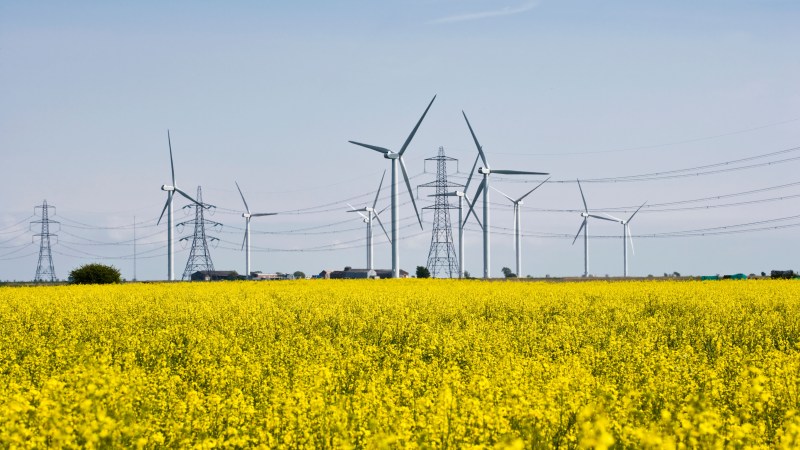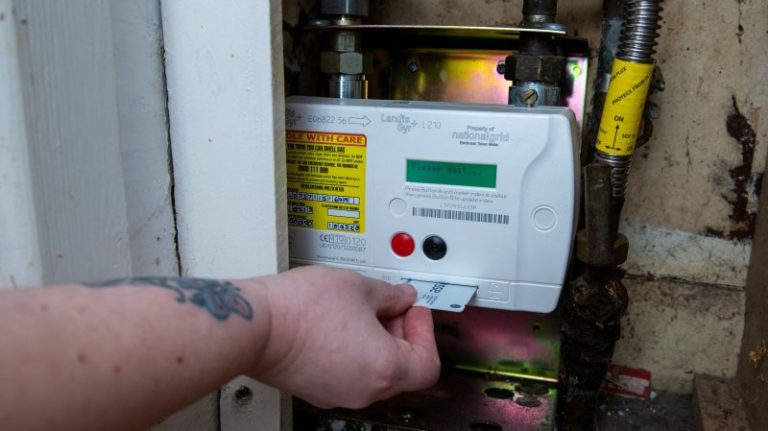Wind farm blow threatens to knock net zero off course
Next year’s auction of wind power projects will be make or break for the UK’s goal of hitting net zero by the middle of the century, energy bosses have warned, after the failure of last week’s auction to attract a single bid.
Keith Anderson, chief executive of Scottish Power, said the pressure was on next year’s wind auction to deliver double the amount of projects it was supposed to — about 10GW of energy — or the UK would miss a self-imposed target to have 50GW of energy from onshore wind by 2030, up from 14GW now.
“If you miss the 50GW target, it’s virtually impossible to decarbonise the energy sector by the agreed date of 2035, and if you miss that, it’s virtually impossible to get to net zero by 2050,” Anderson said. He added that next year’s sixth allocation round of renewable energy “needs to be a success for the government, the environment, investors, customers and suppliers”.
The renewable energy industry is reeling from the UK government’s failure last week to place new orders for offshore wind. This year’s auction received no bids after companies complained that the price of energy they were guaranteed by the government was too low to cover their rising costs.
Anderson noted that the UK was dependent for equipment on foreign suppliers that could sell their wares elsewhere. “When you’ve got other countries wanting to do [wind], it’s very easy to lose those supply-chain contracts, because they’ve got [other] opportunities. We need to retain the interest and ambition of the supply chain to come to the UK.”
Alistair Phillips-Davies, chief executive of SSE, said the supply chain was “difficult”, with rising costs affecting wind farm development. “There’s no there’s no doubt it is a seller’s market and you have to step up to the plate to try and get stuff brought in.”
Energy firms are lobbying the government to make strike prices for wind more flexible so they reflect rising costs of projects. SSE has called for the length of contracts and some capital allowances to be extended.
“There’s a significant reset needed,” Phillips-Davies added. “This is our own cheap, home-grown energy that we can access — it can create and support thousands of jobs in this country.”






